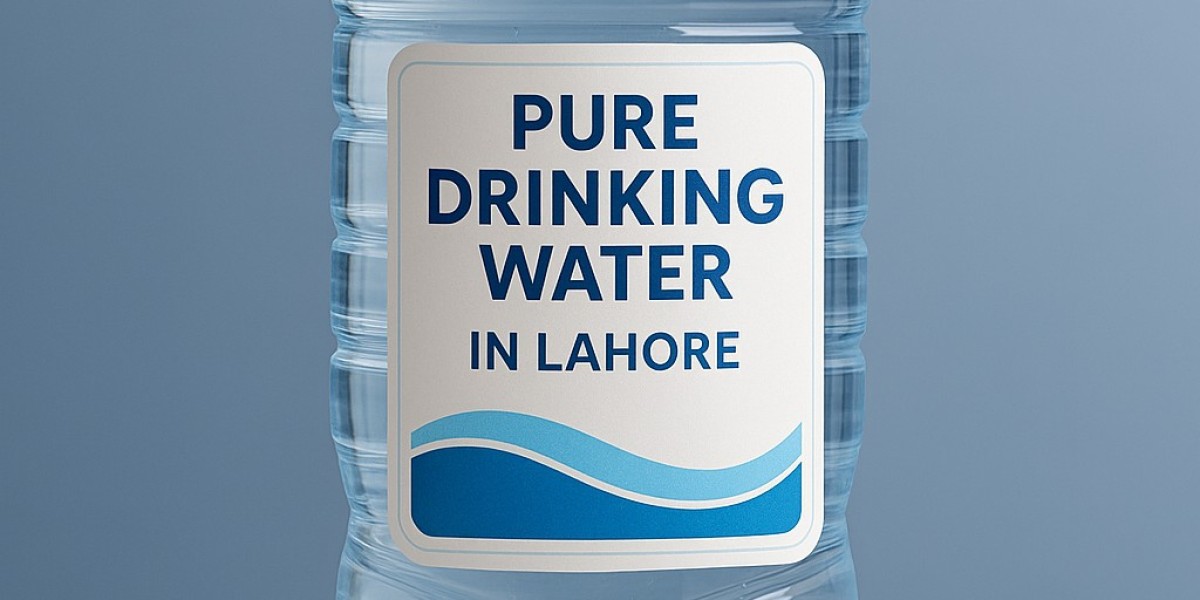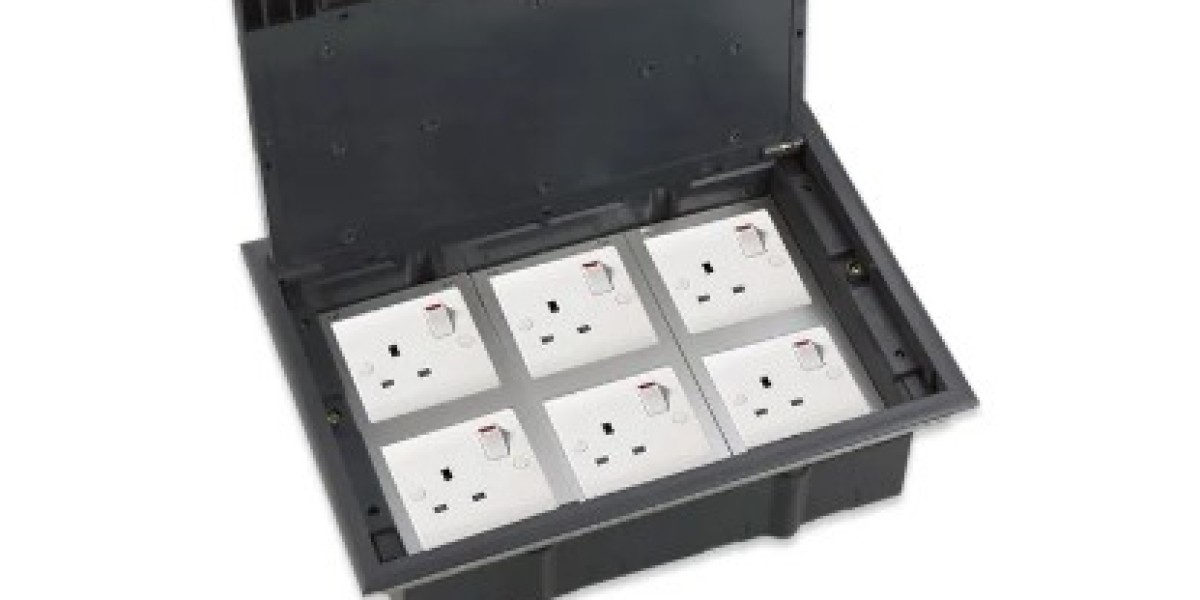Lahore, the vibrant heart of Pakistan, has long been known for its rich history, culture, and food. But as the city continues to expand at a rapid pace, one of the most essential needs—pure drinking water in Lahore—has become a growing concern for residents, health officials, and environmentalists alike. With industrialization, population growth, and environmental pollution on the rise, access to clean, uncontaminated water is no longer a luxury but a necessity.
This article explores the current situation of pure drinking water, evaluates the rise in demand for mineral water in Lahore, discusses the health implications of contaminated water, and provides insight into the way forward for a healthier, hydrated Lahore.
The Water Crisis in Lahore
Rising Urban Demand
Lahore’s population, now over 13 million, has placed an enormous strain on the city's water resources. Rapid urban development has led to over-extraction of groundwater and pollution of natural water sources, leaving much of the tap water unsafe for consumption. Despite improvements in municipal infrastructure, contamination from sewage, industrial waste, and agricultural runoff is common.
Contamination Risks
According to multiple studies by the Pakistan Council of Research in Water Resources (PCRWR), over 60% of Lahore’s water sources are unsafe. Contaminants such as arsenic, nitrates, and E. coli bacteria frequently surpass WHO recommended limits. In many areas, water smells foul, tastes strange, or contains visible particulates.
Health Implications of Unsafe Water
Unsafe drinking water is directly linked to a range of health problems. Diarrhea, cholera, hepatitis A, and typhoid are among the most common diseases caused by drinking contaminated water in urban Pakistan.
Children and the elderly are especially vulnerable. Malnutrition and stunted growth due to recurring water-borne diseases continue to plague low-income communities where access to clean water is limited.
The Role of Pure Drinking Water in Lahore
What is Pure Drinking Water?
Pure drinking water refers to water that is free from all harmful contaminants and impurities. It must pass rigorous chemical, biological, and physical tests before being considered safe for consumption. In Lahore, various private and public-sector entities are working to supply this type of water to homes, schools, offices, and public areas.
Filtration & Purification Technologies
Modern filtration methods, such as Reverse Osmosis (RO), UV purification, and activated carbon filters, are now widely used to supply pure drinking water in Lahore. These technologies ensure that all bacteria, viruses, heavy metals, and harmful chemicals are removed.
Delivery Models in Lahore
Bottled water suppliers: Many households and offices now rely on 19-liter bottles delivered weekly by water companies.
RO plant installations: Residential and commercial RO plants are increasingly installed in communities and buildings.
Public purification kiosks: Some NGOs and private firms have set up water ATMs and filtration points in densely populated areas.
Rise in Demand for Mineral Water in Lahore
As awareness of water contamination increases, so does the popularity of mineral water in Lahore. Unlike standard filtered water, mineral water contains essential minerals like calcium, magnesium, and potassium, making it not just safe, but beneficial for health.
Health Benefits of Mineral Water
Electrolyte balance
Bone strength support
Better digestion
Improved hydration efficiency
Families with young children or elderly members prefer mineral water in Lahore for its added nutritional value.
Trusted Brands and Local Players
Major international and national mineral water brands are competing in the Lahore market. However, local companies offering affordable pricing, timely delivery, and quality control have gained significant market share among residents.
Challenges in Accessing Pure Drinking Water
Cost Concerns
While mineral water and filtered water services are easily available in urban Lahore, not all households can afford them. Middle- and low-income families often rely on unsafe tap water or low-cost vendors who may not follow safety protocols.
Regulatory Oversight
There is a lack of stringent regulation and consistent quality checks among local suppliers. The Pakistan Standards and Quality Control Authority (PSQCA) mandates certifications, but not all bottled water in the market meets safety criteria.
Awareness Gaps
Many residents are unaware of the risks associated with impure water or the importance of water purification. Public health campaigns are limited and fail to reach rural-urban fringe communities effectively.
Sustainable Solutions for Lahore’s Water Crisis
Government Action
To solve Lahore’s water crisis sustainably, the government must invest in large-scale water treatment plants, enforce strict regulation on polluters, and promote groundwater recharge programs.
Private Sector Innovation
Entrepreneurs and tech startups are exploring IoT-enabled filtration systems, smart delivery models, and subscription-based water services to improve accessibility and trust.
Community Engagement
Local NGOs, schools, and mosques can play a key role in educating the public about water safety. Community filtration plants and water testing drives can empower citizens to take control of their health.
Best Practices for Households
To ensure safe consumption of pure drinking water in Lahore, families should adopt the following practices:
Always check for certified water suppliers.
Install home-based water purification systems if possible.
Regularly clean water storage containers.
Conduct water tests every 6 months.
Educate children about clean water hygiene.
The Future of Water in Lahore
The demand for mineral water in Lahore will likely continue to rise, especially as lifestyles modernize and health-consciousness grows. However, the long-term solution lies not in bottled water but in upgrading infrastructure, preserving aquifers, and building trust in public water systems.
Conclusion
Pure drinking water in Lahore is no longer just a matter of convenience—it is essential to the health, productivity, and well-being of its residents. As both government and private entities rise to the challenge, it is equally important for citizens to remain informed and vigilant.
Whether through investing in RO filters at home or choosing certified mineral water in Lahore, every small step contributes to a healthier future. Clean water is a basic right—and with collective effort, Lahore can ensure this right is accessible to all.








